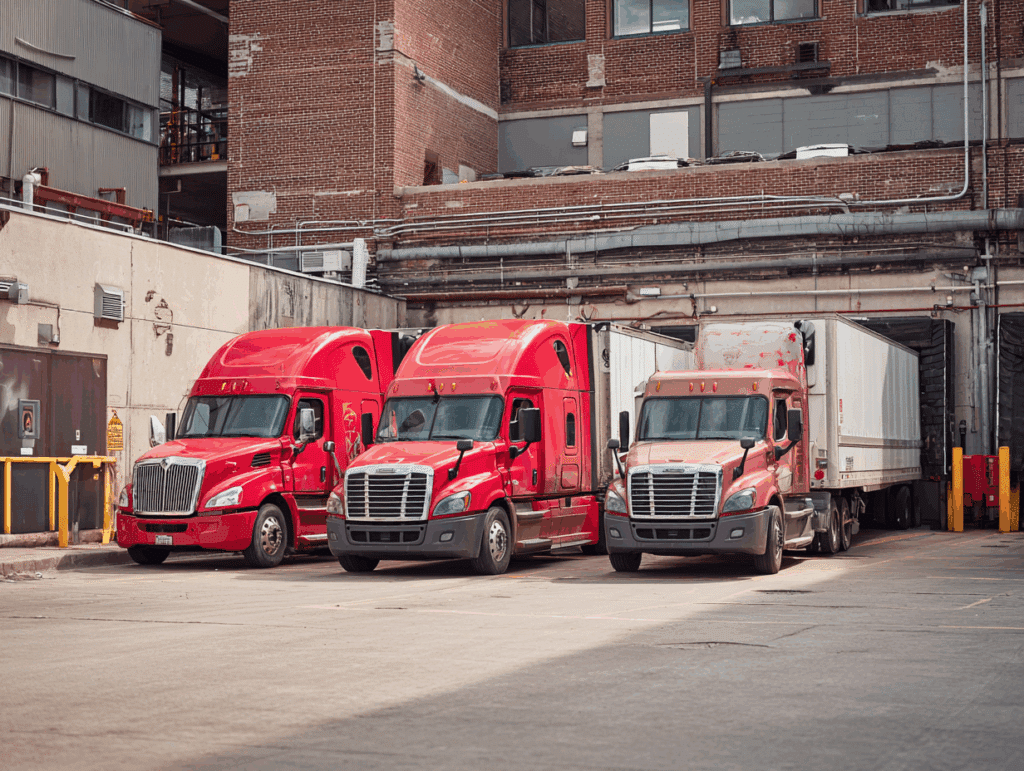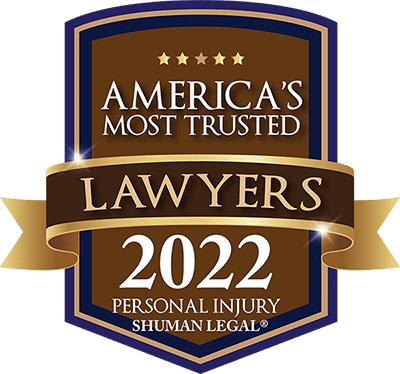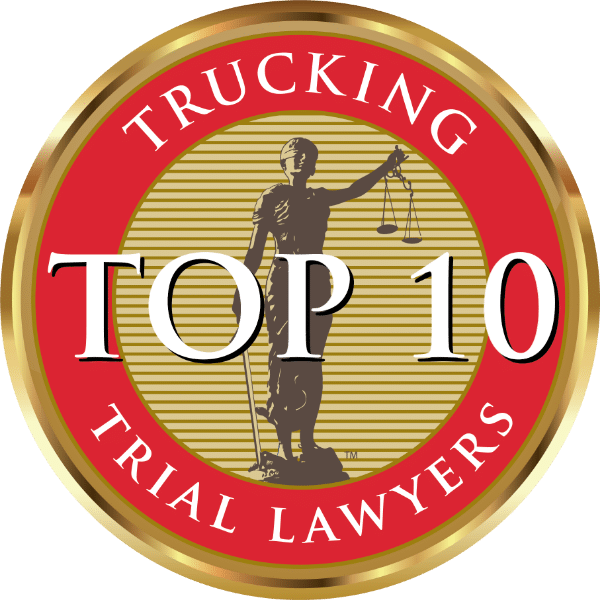Whether you’re dealing with unpaid wages, accident injuries, or contract disputes, this comprehensive guide will walk you through everything you need to know about taking legal action against trucking companies.
Trucking companies operate under strict federal regulations and carry substantial insurance policies, making these cases more complex than typical car accident claims. Understanding the legal process, potential costs, and your chances of success is essential before moving forward with litigation.
Understanding Legal Grounds for Suing a Trucking Company
Before pursuing legal action, you need to establish valid grounds for your lawsuit. Common reasons people sue trucking companies include:
Truck Accident Injuries: If you’ve been injured in an accident involving a commercial truck, you may have grounds to sue for medical expenses, lost wages, pain and suffering, and property damage. Trucking companies can be held liable for their drivers’ actions under the legal principle of vicarious liability.
Unpaid Wages: Truck drivers frequently face issues with unpaid wages, overtime violations, or misclassification as independent contractors. These employment law violations provide strong grounds for legal action.
Breach of Contract: Whether you’re a driver, shipper, or business partner, contract violations by trucking companies can result in significant financial losses and justify legal action.
Negligent Hiring or Maintenance: Companies that fail to properly screen drivers, maintain vehicles, or follow safety regulations may be liable for accidents and injuries that result from their negligence.
Your search for help ends here. Let’s get started, for FREE.
How Can I Sue a Trucking Company? Step-by-Step Process
The process of suing a trucking company involves several critical steps that require careful attention to detail and adherence to legal deadlines.
1. Document Everything Immediately
Start by gathering all relevant evidence, including accident reports, medical records, employment documents, contracts, photographs, and witness statements. This documentation forms the foundation of your case and becomes more difficult to obtain as time passes.
2. Seek Medical Attention and Legal Consultation
If you’ve been injured, prioritize your health by seeking immediate medical care. Then consult with an experienced trucking accident attorney who can evaluate your case and explain your legal options. Most personal injury attorneys offer free consultations for truck accident cases.
3. Investigate and Build Your Case
Your attorney will conduct a thorough investigation, which may include:
- Obtaining the truck driver’s logbooks and employment records
- Reviewing the trucking company’s safety records and violations
- Analyzing vehicle maintenance records
- Consulting with accident reconstruction experts
- Gathering additional witness testimony
4. File Your Lawsuit Within the Statute of Limitations
Each state has specific time limits for filing different types of lawsuits. Personal injury claims typically have 2-3 years, while employment claims may have shorter deadlines. Missing these deadlines can permanently bar your case.
5. Navigate the Discovery Process
During discovery, both sides exchange evidence and information. This phase can take months and involves depositions, document requests, and expert witness preparations.
6. Attempt Settlement Negotiations
Most trucking company lawsuits settle out of court. Your attorney will negotiate with the company’s insurance representatives to reach a fair settlement that covers your damages.
7. Proceed to Trial if Necessary
If settlement negotiations fail, your case will proceed to trial, where a judge or jury will determine the outcome.
How Much Money Does It Cost to Sue a Company?

Contingency Fee Arrangements
Most personal injury attorneys work on contingency fees, meaning you pay nothing up front. The attorney receives a percentage (typically 33-40%) of any settlement or judgment. If you lose, you owe no attorney fees, though you may be responsible for case expenses.
Hourly Rate Attorneys
Some attorneys charge hourly rates ranging from $200-500+ per hour. Employment law cases often use this billing structure. Total costs can range from $5,000-50,000+, depending on case complexity.
Additional Costs to Consider
Beyond attorney fees, litigation involves various expenses:
- Court filing fees ($300-500)
- Expert witness fees ($2,000-10,000+)
- Document production and discovery costs ($1,000-5,000)
- Deposition transcripts and court reporters ($500-2,000)
- Investigation and accident reconstruction ($3,000-15,000)
Cost-Benefit Analysis
Before proceeding, consider whether your potential recovery justifies the costs. Strong cases with significant damages are more likely to attract contingency fee attorneys and result in favorable outcomes.
How Much Are Most Truck Accident Settlements?
Truck accident settlements vary dramatically based on numerous factors, but understanding typical ranges can help set realistic expectations.
Average Settlement Ranges
- Minor injuries: $10,000-100,000
- Moderate injuries: $100,000-500,000
- Severe injuries: $500,000-2 million+
- Catastrophic injuries or death: $1 million-10 million+
Factors Affecting Settlement Amounts
Severity of Injuries: More severe injuries requiring extensive medical treatment, rehabilitation, or permanent disability result in higher settlements.
Medical Expenses: Past and future medical costs significantly impact settlement values. Catastrophic injuries requiring lifelong care can justify multi-million dollar settlements.
Lost Income: Both past lost wages and reduced future earning capacity factor into settlements. High-income individuals or young victims with long work-life expectancies may receive larger awards.
Pain and Suffering: Non-economic damages for physical pain, emotional distress, and reduced quality of life can substantially increase settlement values.
Liability Strength: Clear evidence of the trucking company’s fault leads to higher settlements, while shared fault reduces recovery amounts.
Insurance Policy Limits: Commercial trucks typically carry $1 million+ in insurance, but complex cases may involve multiple policies and coverage types.
Real Settlement Examples
Recent notable truck accident settlements include:
- $10 million for a driver who suffered a traumatic brain injury
- $4.2 million for a family whose vehicle was rear-ended by a distracted truck driver
- $2.8 million for permanent back injuries requiring multiple surgeries
Your search for help ends here. Let’s get started, for FREE.
Is It Worth Suing a Company?

When Suing Makes Sense
Strong Legal Grounds: Cases with clear liability and substantial evidence of wrongdoing have better success chances.
Significant Damages: Higher damages justify litigation costs and risks. Minor injuries or small financial losses may not warrant expensive legal proceedings.
Insurance Coverage: Confirm the trucking company carries adequate insurance to pay any judgment or settlement.
Time and Energy Considerations: Litigation can take 1-3 years and requires significant emotional investment. Consider whether you’re prepared for this commitment.
When to Consider Alternatives
Weak Evidence: Cases lacking clear proof of liability or damages are risky and expensive.
Minor Damages: Small claims court or direct negotiation might be more cost-effective for smaller disputes.
Financial Constraints: If you can’t afford litigation costs and can’t find a contingency fee attorney, other options may be necessary.
Benefits Beyond Financial Recovery
Successful lawsuits can:
- Hold negligent companies accountable for unsafe practices
- Prevent future accidents through improved safety measures
- Provide closure and justice for victims
- Set legal precedents protecting others in similar situations
Special Considerations for Different Types of Cases
Employment-Related Lawsuits
Truck drivers suing for unpaid wages or employment violations face unique challenges:
- Independent contractor vs. employee classification issues
- Federal vs. state law complications
- Wage and hour calculation complexities
- Potential retaliation concerns
Multi-Party Liability
Trucking accidents often involve multiple defendants:
- The truck driver
- The trucking company
- Vehicle manufacturers (for defective parts)
- Loading companies (for improper cargo securing)
- Maintenance providers
This complexity can increase both potential recovery and litigation costs.
Finding the Right Legal Representation
Choosing an experienced trucking litigation attorney significantly impacts your case’s success. Look for lawyers with:
- Specific trucking industry experience
- Track record of successful settlements and verdicts
- Resources to handle complex litigation
- Understanding of federal trucking regulations
- Strong negotiation skills














